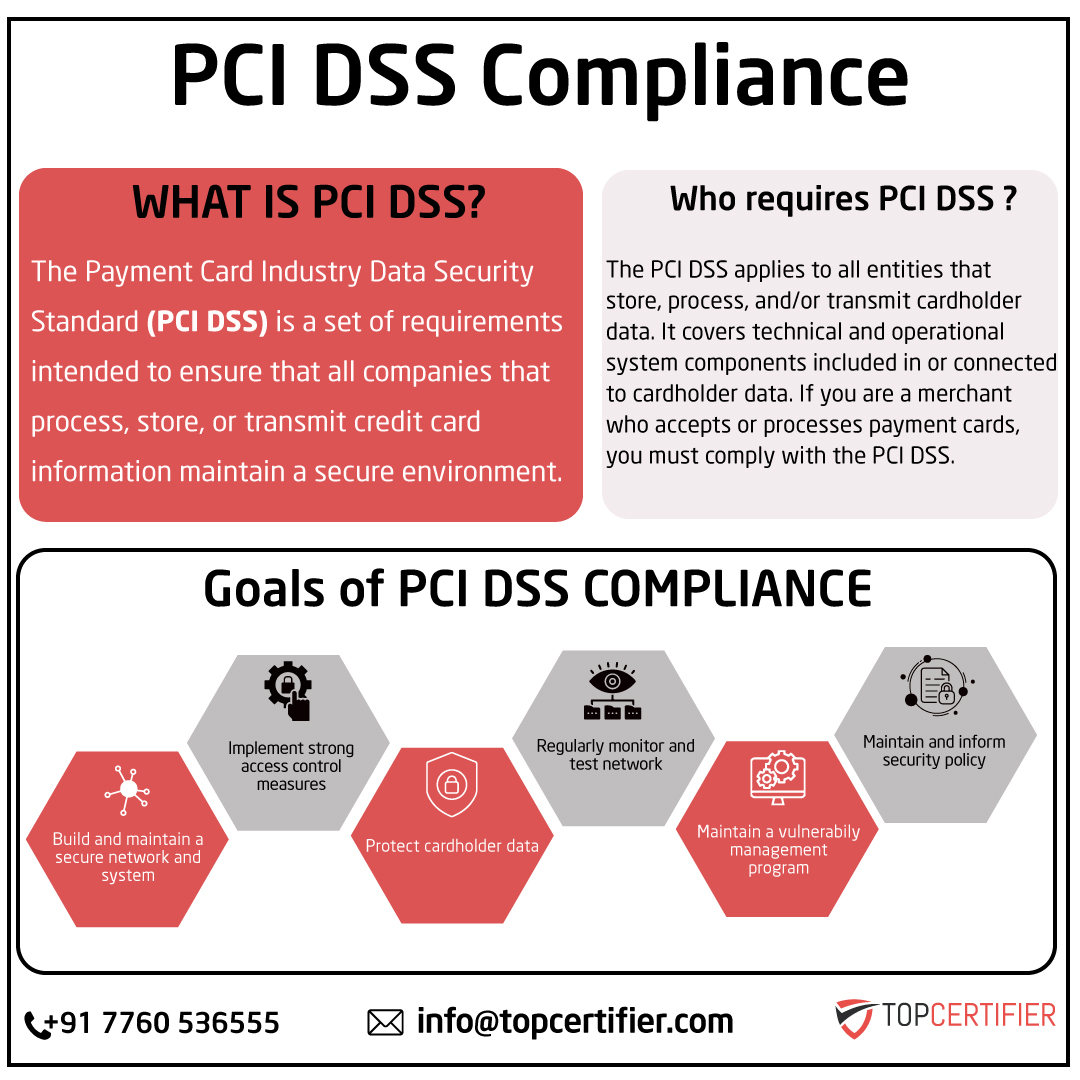FAQs
FREQUENTLY ASKED
The Payment Card Industry Data Security Standard (PCI DSS) is a set of security standards developed by major credit card companies to ensure that merchants and service providers that accept credit card payments protect cardholder data.
Any organization that accepts credit card payments or stores, processes, or transmits cardholder data, including merchants, service providers, and financial institutions, must comply with PCI DSS.
The key requirements of PCI DSS include maintaining secure networks and systems, protecting cardholder data, managing access to cardholder data, regularly monitoring and testing security controls, and maintaining information security policies.
To achieve PCI DSS compliance, an organization must first identify the relevant requirements and implement appropriate controls to address them. An independent Qualified Security Assessor (QSA) must then perform an audit to verify that these controls are effective.
PCI DSS compliance is not a one-time event, but rather an ongoing process. Organizations must regularly assess and update their controls to maintain compliance and typically undergo an audit on an annual basis.
Non-compliance with PCI DSS can result in fines, legal fees, reputational damage, and even the loss of the ability to accept credit card payments.
PCI DSS compliance can provide several benefits, including increased customer trust, improved security and privacy practices, and a competitive advantage in the marketplace.
The cost of PCI DSS compliance varies depending on factors such as the size and complexity of the organization and the scope of the audit. However, the benefits of compliance often outweigh the costs in terms of improved security and increased customer confidence.
